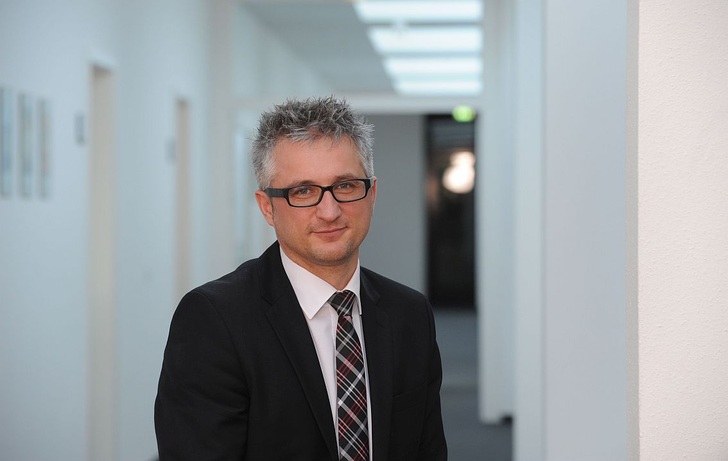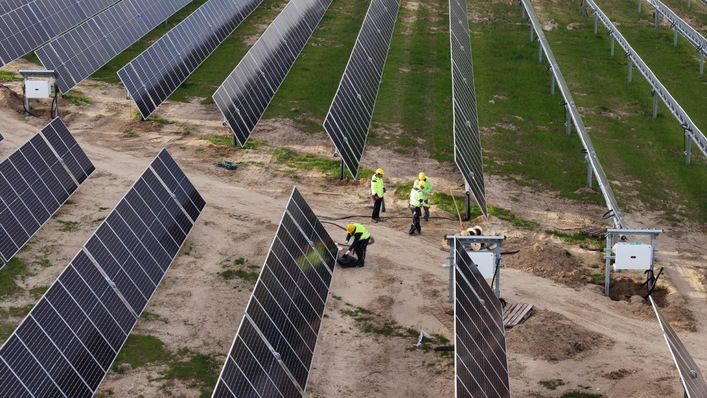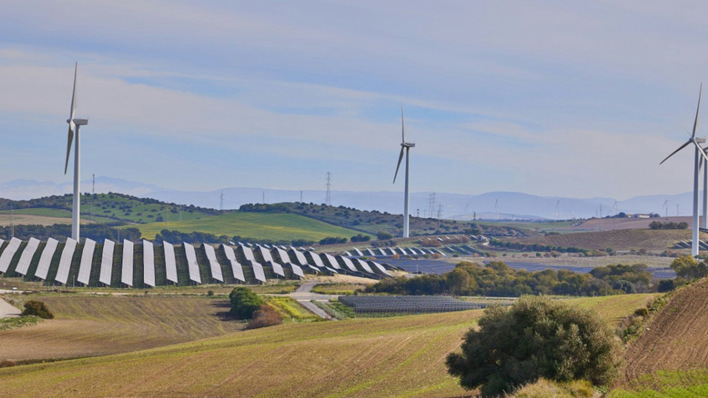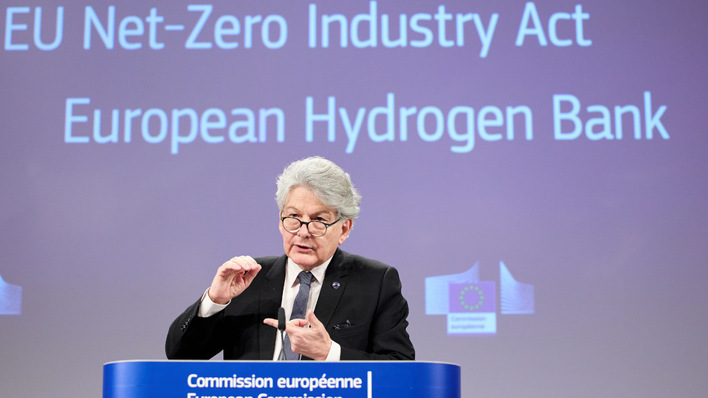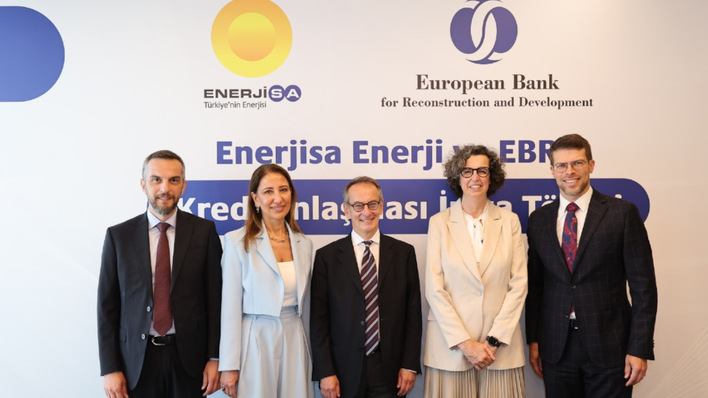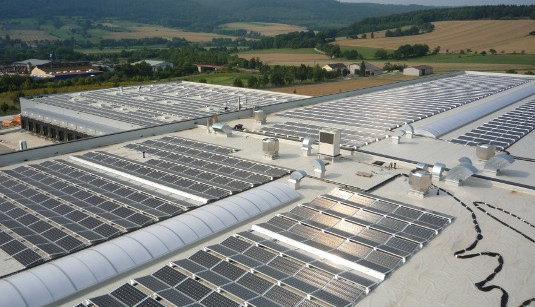Look first the recent video on Novotegra mounting system:
Race against the clock: the ultimate test of a flat roof mounting system
How is the market for solar changing for Baywa r.e. as a wholesaler?
Alexander Schütt: The storage units are driving the market. Tesla’s Powerall and the new storage unit from Mercedes are in high demand, from both installing companies and their customers. The training courses for the Tesla unit are sold out, some even overbooked. The units are selling well – both with SMA’s battery inverter and in combination with the systems made by SolarEdge. In the autumn, the Powerwall with Fronius’ inverter is coming out. The Resu unit by LG Chem has been going well for the last year. It offers great value for money. And the new series that is going to go on sale soon will be even smaller and more inexpensive.
Is the storage market still a German domain or are you experiencing more and more demand in the rest of Europe?
We are already selling the Tesla unit in Switzerland and Austria, and in other countries, demand is also picking up, albeit slowly. Keep in mind that the regulations are different for each country, and so the storage market is much more complicated than the market for solar panels, inverters or assembly systems.
And what about classic PV?
As far as installations up to 100 kilowatts is concerned, the market is stabile. There has been less demand for installations between 100 and 500 kilowatts which as of this year have to sell their electricity directly. This segment has seen some advance purchasing last year, and since the beginning of this year developments have been going slower. It will take some time before the opportunities inherent in direct marketing will be recognised by the market players. But there are very great things on offer. With EnBW we put together a simple package of services that will allow operators not to have to worry about such things.
Baywa r.e. is active globally as a wholesaler. How do you profit from the rise of solar in markets beyond Europe?
In 2015, Baywa r.e. overall generated one billion euros in revenues for the first time. Worldwide we now have almost 1,000 staff. Wind power and the solar segment are our most important areas of business, but we also deal in biomass and geothermal energy. Within Europe, the solar business is very inhomogeneous. Some countries have declining rates of growth, while in others the numbers are rising. Scandinavia is going well, whereas the market in the UK is declining. However, we are see the US as a large and growing market.
What new market segment were you able to open up?
We are in a cooperation with a number of municipal utilities and manufacturers of prefab houses, and this is slowly beginning to bear fruit. Municipal utilities are increasingly taking advantage of our connections with installing companies. We also had a very successful campaign – together with Tchibo – to approach end customers.
Are you extending your warranties?
We do not grant special warranties. We give the normal two-year warranty and beyond that, the warranties of the manufacturers apply. But we do provide assistance to the installing companies when it comes to reclamations and faults. We pay close attention to whether the manufacturers can actually fulfil their promises. Only if that is the case, will we start distributing their products. For instance, we had products by Bosch and Schott in our portfolio. The warranties are still valid, even though both companies are no longer active in PV. But they keep their warranty commitments. We only include the best brands in our portfolio, and quality and warranties have always been an important factor for us. That is now paying off as far as the market is concerned. We grant a ten-year warranty for our assembly system Novotegra. We also give other forms of support to our customers: For example, if needed, we assist them in the initial assembly of Novotegra.
Pure photovoltaics is a thing of the past. Now storage units, electrical heating technologies and soon e-mobility will be added to the mix. How is the retail business changing?
There is an increasing diversity of products. We also generate more revenues per kilowatt in solar output. That was a clear trend last year. Once charging points and EVs come, this will continue.
When will charging points be added to your portfolio?
Starting with the third quarter, we will offer Mennekes’ Amtron Wallbox. It makes it possible to directly charge a car with solar electricity. Also, via an RFID card, a next-door neighbour can charge his car as well.
The interview was conducted by Heiko Schwarzburger.
Read other useful expert interviews here:
In energy storage business you have to know your customers, says Philipp Schroeder from Sonnen
SMA are transforming into a full system supplier of power electronics, says CTO Juergen Reinert
Energy storage markets in Europe: BYD focuses on Germany, France, Italy and the UK
What goes into designing an effective high-voltage battery? Dr Vetter of the Fraunhofer ISE explains


